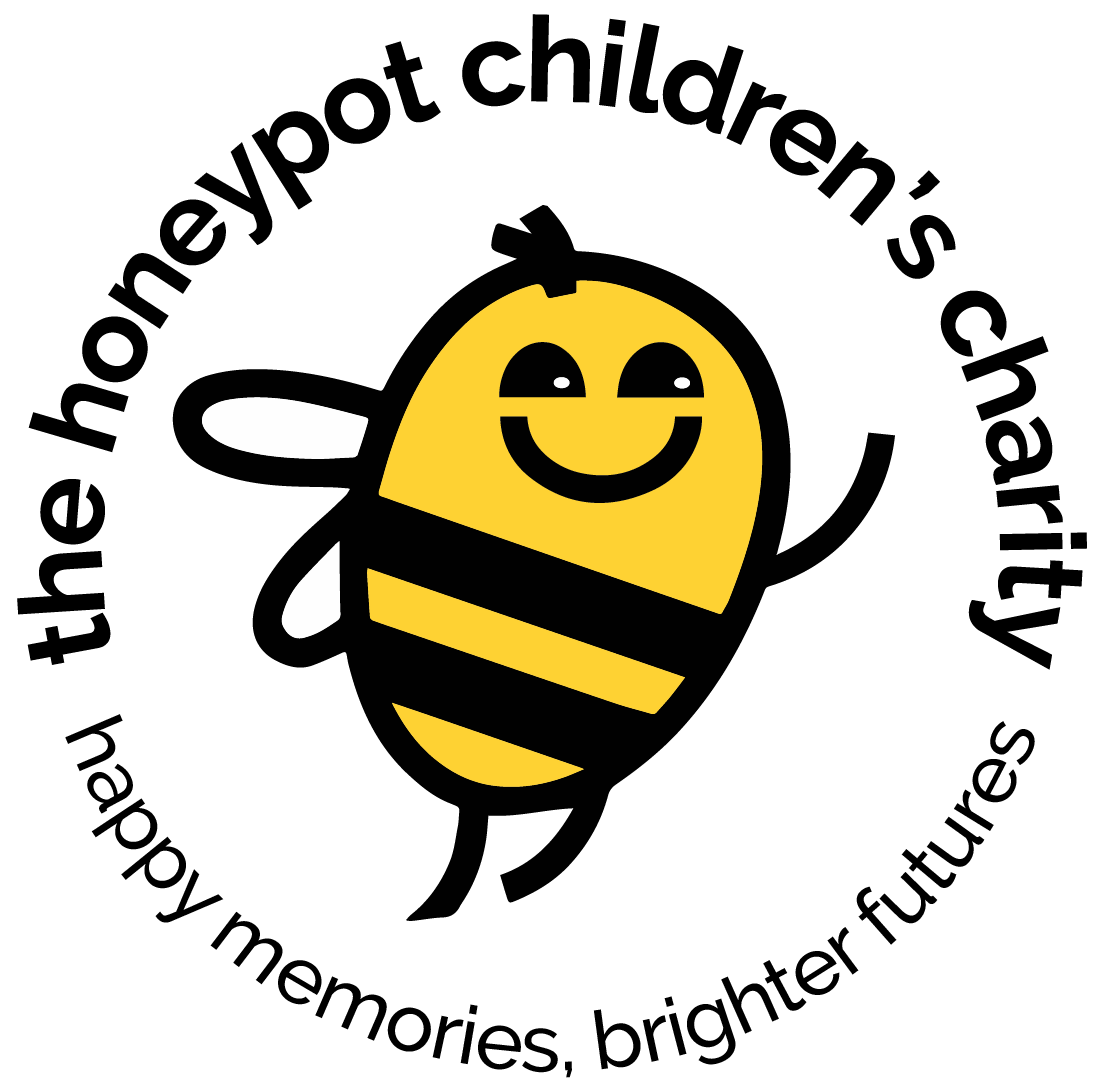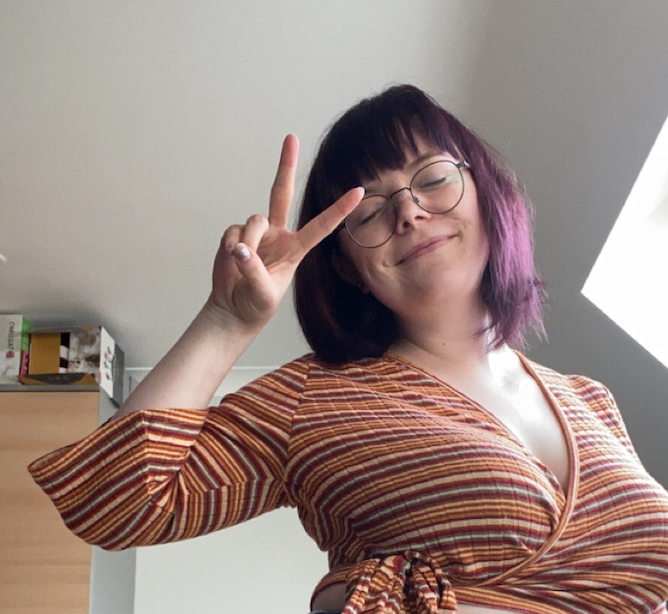"I think young carers develop a hard skin, so nobody notices things so much"
Bethanie, a Honeypot graduate
Bethannie, aged 22, was referred to Honeypot through her local young carers group when she was nine years old. She grew up with her mum and sister, who struggled with various health conditions as a child. She has been a Honeypot ambassador for several years, amongst others, she took part in a Radio 4 Appeal for us in 2018, and talked about her experience as young carer at several fundraising events.
Bethannie shared her fond memories of the Honeypot Respite Breaks she had with us and we were so pleased to see that they have made such a positive impact on her life as an adult.
How did you join Honeypot?
I came across Honeypot through my local Young Carers group when I was about nine. My mum got me involved because Honeypot and Young Carers had a really strong connection.
“My first memory of Honeypot was definitely the friends because I usually struggled. I wasn’t necessarily a shy kid, but when I got to meet new people outside of school, it was quite a struggle.”
So Honeypot breaks helped with making friends. I also liked the experience of going to theme parks and stuff like that because we didn’t really get that option when I was growing up.
What did your caring responsibilities consist of?
I was with Honeypot because I was looking after my little sister who is about five and a half years younger than me and was born with cerebral palsy and a load of other issues. I can’t remember all of them now. A lot of her issues were mobility based and a lot of the normal functions that develop during childhood, like speech, she was very delayed in.
For the first six months of her life my sister was blind and deaf. Luckily, after a couple of months, she started to get her sight and senses back. So with that, I had to help my mum out with a lot of physio and speech therapy at home. I was also supporting my mum because my sister’s dad left when she was one and a half, so my mum was a single mother for a couple of years.
“My mum struggled quite a bit, so I was the emotional support for her and I helped out with the household stuff.”
And then just after I graduated Honeypot, my mum was diagnosed with a load of mental health problems and she now has fibromyalgia and ME, chronic fatigue syndrome. She had a lot of these things before, they just weren’t diagnosed.
Looking back, what would you change?
I think I missed out on quality time with my family, a lot of it was based around “We need to make sure your sister has this or that”. Then I needed to make sure my mum was okay. It wasn’t necessarily very often that we got quality time all together without stressing about something.
I got holidays every now and again with my grandparents, but we never went on one with me, my mum and sister. My mum was on benefits, she didn’t work. We got financial support in terms of school and free trips, but it meant that for some trips that everyone else went on, I couldn’t go to. For example, at the end of year six everyone goes to the Isle of Wight for a week, that was a big thing. But I wasn’t able to go even though all my friends went. I had to look after my sister. It was stuff like that that kind of upset me.
“What I wish I was told when I was younger would be to have a level of sufficiency that’s not related to your caring responsibility but more of a self-care. ”
How did Honeypot help you?
Coming on a break with Honeypot was really the first time that I went away, other than staying at my grandparents.
“It was a big thing for me to spend time away from my mum. I remember how I thoroughly enjoyed, it because they made a big fuss of you and we did really cool things that that you wouldn’t normally do. ”
I remember when they said “you have to go to bed now”, there was this structure that I wasn’t necessarily used to, which I quite liked. The Honeypot staff made us hot chocolates with squirty cream, that was a big treat. I really liked stuff like that.
And I remember the swimming pool, and how I had a big thing where I hated the water. I started freaking out because I thought they were going to make me go in. But they said it was fine and let me play in the house. The fact that they let me do that was a really big deal for me.
what was your biggest concern as a young carer?
The hardest thing I had to face, looking back, was the amount of effort I put into helping others. I wasn’t able to give that back to myself which is still a bit of an issue for me today. When you are in your teen years and finding yourself... well, I didn’t do that at all. I am just about doing it now, now where I am away from home and in an environment that I can control myself.
“I think young carers develop a hard skin, so nobody notices things so much. It’s because you’ve had that same experience over and over, and you sort of numb yourself to it.”
When I went to Honeypot, it was always with my young carer group, and we were all sort of from the same area and we all came from the same economic background so there weren't any issues with what we got. Most of us were kids whose parents were on benefits or relatively low-income families, and we all sort of had the same experience in that regard.
“I think financial abilities make a big difference to families, especially when you are a young carer. You have nowhere to escape if you have no money and no means as there is nothing you can do. There is no way to distract yourself because you can’t even afford to buy new toys.”
What are your dreams for the future?
My dreams now would be to have a career that will make an impact. Not necessarily in the sense that I will change the world, but in the way that it could help someone. I am looking at being a lecturer at university. Even just the thought of being able to inspire someone to also pursue a career in history, I find is a decent thing to do and I really want to do it.





